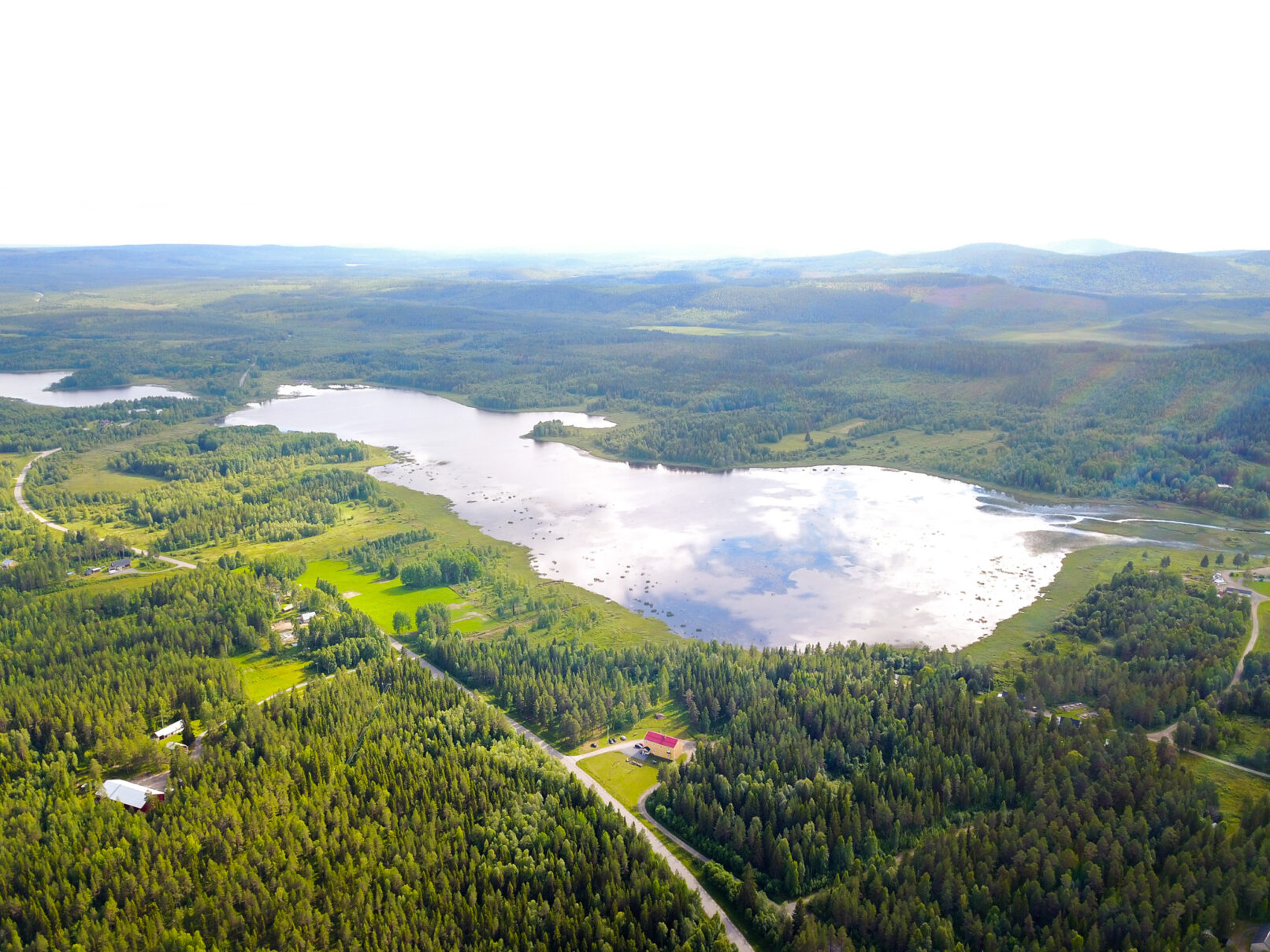Welcome to the Råne River Valley
[cbxwpbookmarkbtn]
Discover Gunnarsbyn, Lassbyn, Överstbyn, Norriån, Valvträsk and Sörbyn - villages that adorn the banks of the Råne River Valley. Here on Sweden's longest untouched forest river you can experience fishing, hiking, canoeing and much more. Both on your own or together with one of the knowledgeable activity guides who work in the area. Experience the undeveloped forest river with a strong sense of togetherness and hospitality in the countryside where the tourism industry is thriving. Visitors from all over the world have found their way here in recent years, thanks to the burgeoning development of nature tourism in the area, where you will find facilities such as Arctic Retreat, Aurora Safari Camp (Winner of the Great Tourism Award 2023) and Sörbyn Lodge.
Be inspired by the local culture with historical sites and traditional events. In the Råne river valley there is a rich association life, activities and events in village farms. Gunnarsbyn's Folkets hus has a digital cinema with current films. There is a general store and fuel station in Gunnarsbyn. After Råneälv, there are also rest areas, camping, overnight cabins and campsites that can be used by the public. Whether you are looking for exciting winter walks along the Malmen road, shopping in local shops or tasty adventures in the world of gastronomy, the Råne river valley has something for you.
For more information visit Råneälvdals service point and infoPoint


